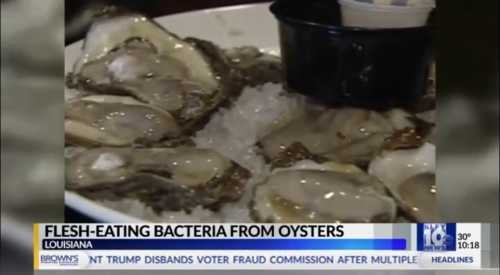Teabags Likely Unleashing Billions of Microplastics into Your Tea, Studies Confirm
Posted 10 months ago
Studies have shown that commonly used teabags, regardless of whether they are marketed as "plant-based," release significant amounts of microplastic and nanoplastic particles into the brewed tea.
Microplastic Release from Teabags
- A 2019 study published in Environmental Science & Technology found that a single plastic teabag can release billions of microplastic and nanoplastic particles into the water during brewing. This study highlighted the concerning levels of microplastic contamination from teabags.
- A more recent study published in Chemosphere in 2024 further confirmed these findings. This research analyzed a range of teabag materials, including polypropylene, nylon, and cellulose, and found that:
- Polypropylene teabags: Released an estimated 1.20 billion particles per milliliter of brewed tea.
- Cellulose teabags: Released approximately 135 million particles per milliliter.
- Nylon teabags: Released 8 million particles per milliliter.
Potential Health Risks
While the long-term health effects of ingesting these microplastics are still under investigation, studies have shown that these particles can:
- Penetrate human tissues: Microplastics can potentially pass through the intestinal barrier and enter other organs.
- Interact with cells: Some studies suggest that microplastics can interact with cells, potentially disrupting cellular functions.
Minimizing Exposure
Switching to loose-leaf tea brewed in a reusable tea infuser is the most effective way to minimize exposure to microplastics from teabags.
References
Comments/Ratings (0)
Posted in Food & Drink
Most Hits
Comments/Ratings (0)



 Report a concern
Report a concern

 Add Comment
Add Comment



